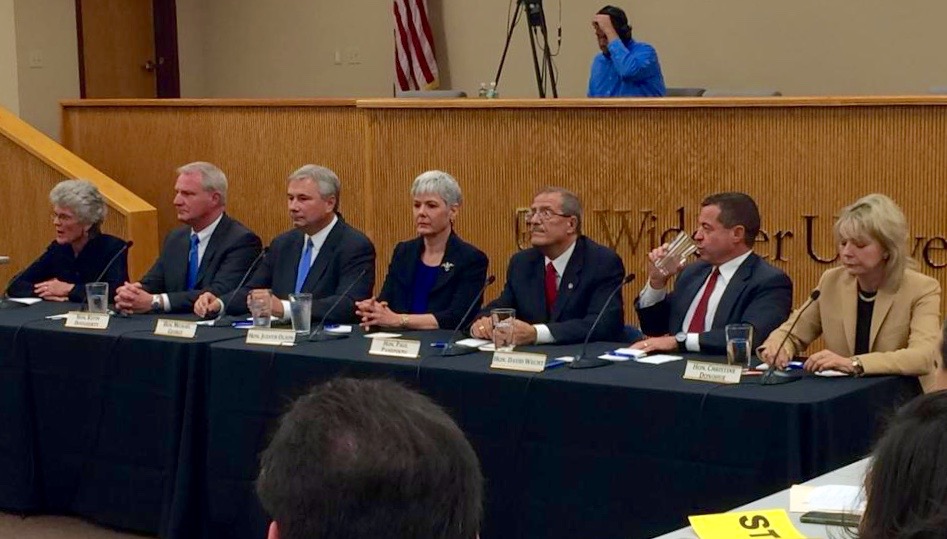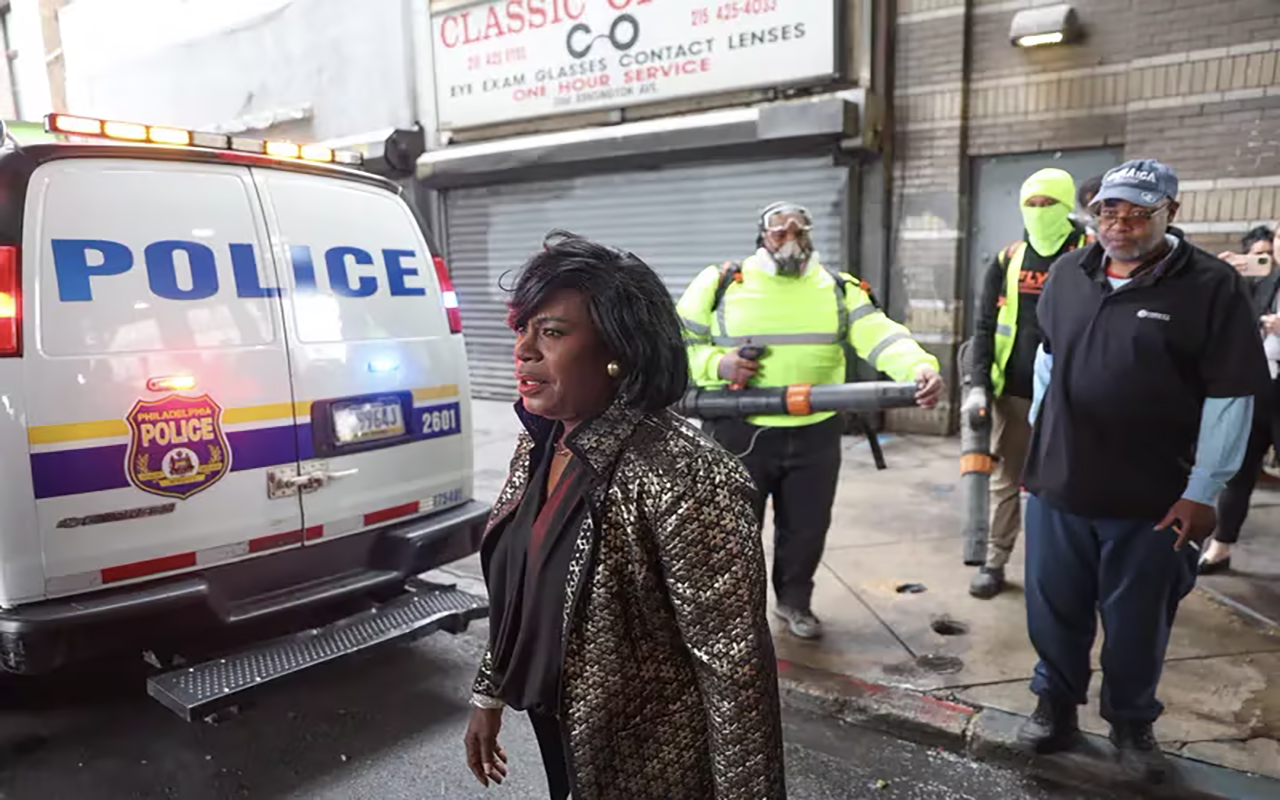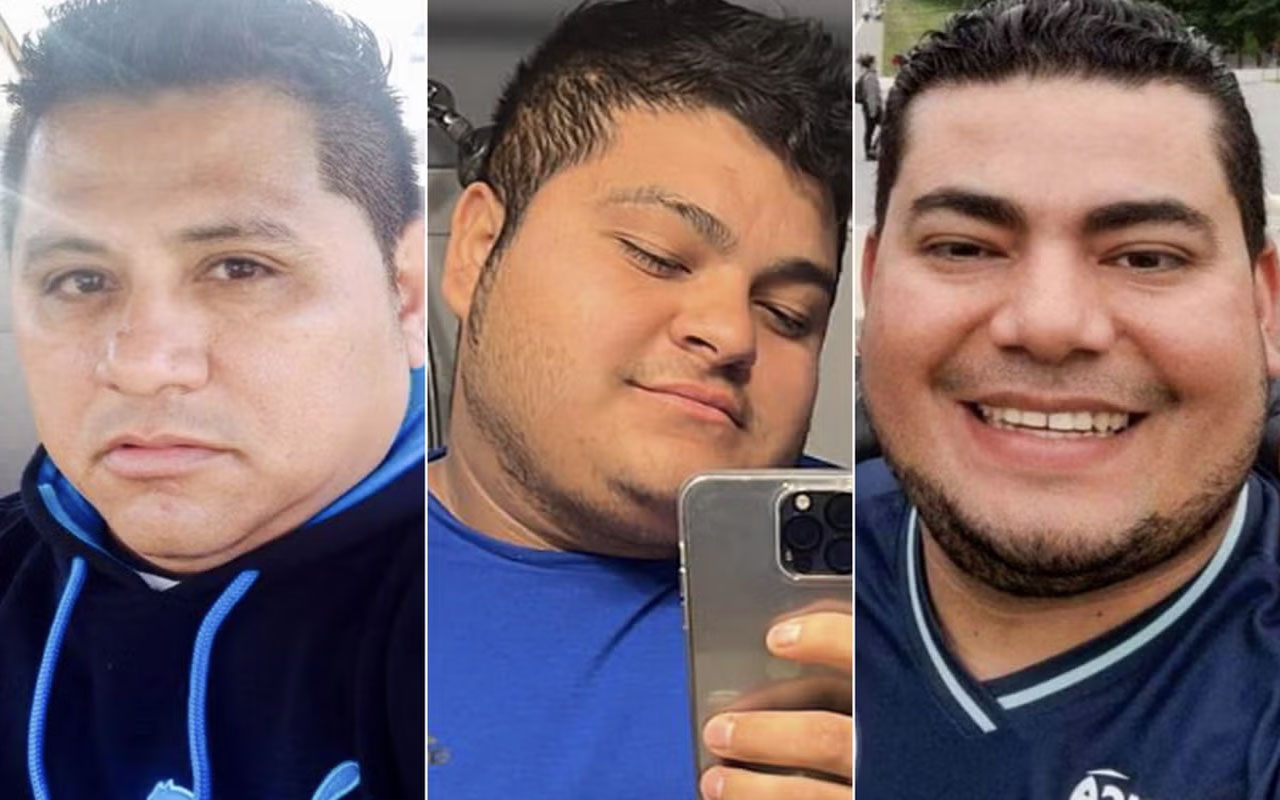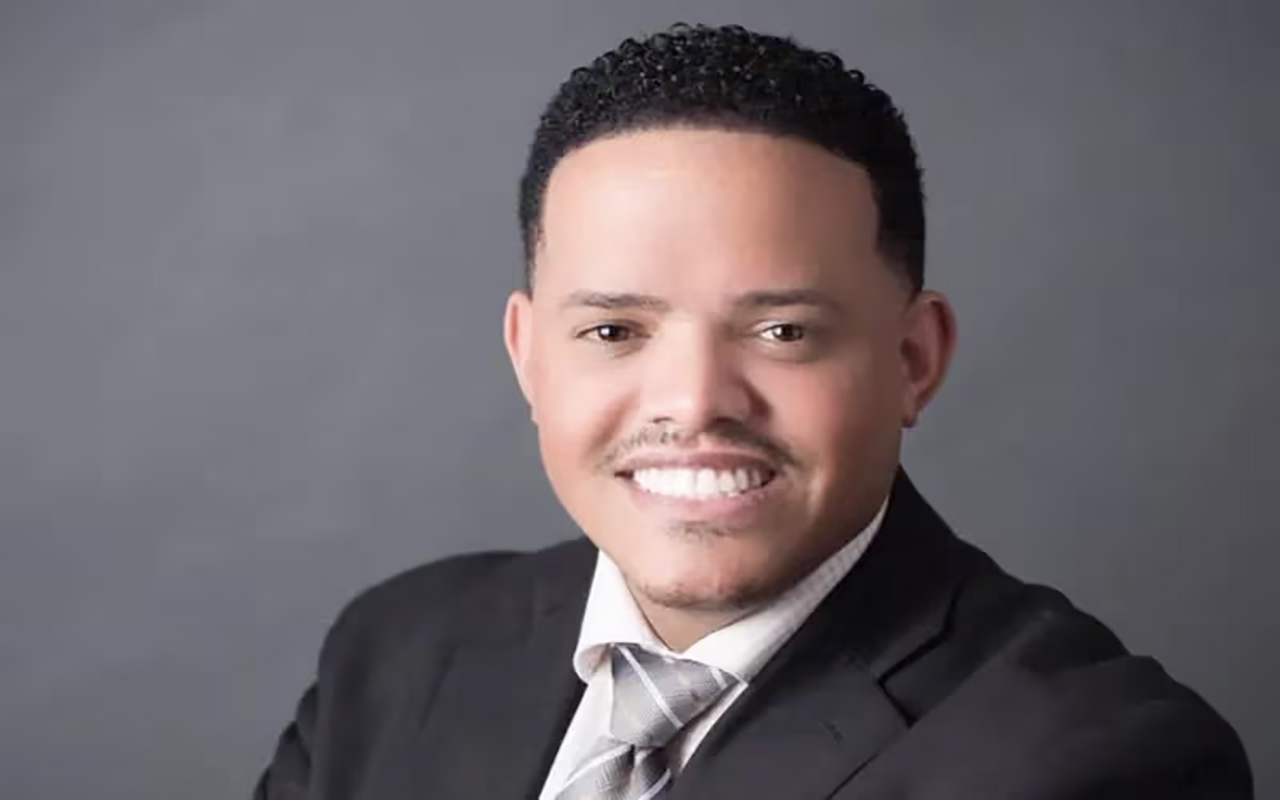
PA Supreme Court candidates weigh in on lack of diversity
None of the current judges of the Supreme Court or the candidates are African-American or Latino. The Court only has one female member. And although…
The candidates for the Pennsylvania Supreme Court addressed the issue of the lack of diversity in the state’s highest tribunal during a forum Wednesday at Widener University School of Law in Harrisburg.
Although Pennsylvania has a growing diverse population, in which African Americans represent close to 12 percent, and Latinos close to 7 percent, none of the current judges of the Supreme Court or the candidates are African-American or Latino. The Court only has one female member. And although Southeastern Pennsylvania has the largest population in the state, there are no members on the Court from this region.
The seven candidates will vie for the three open seats in the Court in the Nov. 3 elections. Two of the three seats are empty as a result of judicial misconduct.
Wednesday’s forum — the only scheduled major debate with all seven candidates — was panelled by journalists from the Pittsburgh Post-Gazette, The Legal Intelligencer and AL DÍA News. This is what the candidates had to say in response to AL DÍA’s questions about racial, gender, and geographic diversity on the Supreme Court. Their quotes have been edited for brevity.
Judith Olson • Republican • Allegheny County • Superior Court since 2010:
“We should encourage people of diverse backgrounds to seek these positions because I do think it’s helpful to get the perspective and the experience from people of different backgrounds. As judges of the Superior Court, on which I sit, or if I’m fortunate enough to be on the Supreme Court, your job is to do the work for all the people of the Commonwealth and to pass decisions based on the law and the facts as they come before you. Whether somebody comes from one [region] of the Commonwealth or another, I don't think is as important, but I do think is important to have the diversity of gender and ethnic backgrounds.”
Paul Panepinto • Independent • Philadelphia County • Common Pleas Court Judge since 1991:
“(The lack of diversity) goes back to one thing: Politics. That’s why minorities are not included. There were two great African-American judges who were in the process. They went through the primary but they were not endorsed by the parties. That’s why I’m an independent candidate. I didn't want to go through the primary process. It’s not what the public thinks is not a fair process. To go directly to the people is what we have to do, and I think minority candidates have to get the grassroots support like I did, and get the signatures to get in the ballot so they can be a part of the process.”
David Wecht • Democrat • Allegheny County • Superior Court since 2012:
“The people could certainly amend the Constitution to provide that the seven justices would be required to come from seven different regions, but that’s not what the Constitution says. Whoever is elected to the Supreme Court will be required to make decisions based upon the law of Pennsylvania, not the law of Southeast, Southwest, Northwest… Gender and racial diversity is much to be sought after and is very important for the political parties because this is a political process under our Constitution. As long as we have a political process it’s incumbent on the parties to recruit and actively assist minority candidates to advance in the process and become viable.”
Christine Donohue • Democrat • Allegheny County • Superior Court since 2007:
“The primary election weeded out a number of candidates, two of whom were African-American, male and female, but also there were a number of Caucasian males and females who were weeded out during that process. The political nature of this process — and that is how our Constitution is devised — puts a lot of emphasis on what happens in the primary election and on political parties, so some revamping has to take place that is not within the purview of the Pennsylvania Supreme Court or the court system.”
Anne Covey • Republican • Bucks County • Commonwealth Court Judge since 2012:
“Diversity of thought and experience is incredibly important on the high Court. I am a minority. There wasn’t even 40 percent of females in my class in law school, so I believe we are playing a little bit of catch up. Lady justice is blind, she wears a blindfold because it doesn’t matter what race, nationality, religion, socioeconomic status you come from, she carries a sword because she is vigilant in upholding the law.”
Kevin Dougherty • Democrat • Philadelphia County • Philadelphia Court of Common Pleas since 2001:
“As the head of the most diverse and largest jurisdiction in the Commonwealth of Pennsylvania, I am proud to say that we do have an incredibly diverse body in profile with gender, race and orientation. I also believe geographic diversity is essential. At this point in time we are the candidates that are readily available to the voters. When you are coming from an area where cultural competency and sensitivity is part of your daily world, then the question is do you think that I think like you or that we think like you? If you do, then you need to vote for us.”
Michael George • Republican • Adams County • Adams County's president judge for two years • Elected to the county's bench in 2001:
“In three years, the two members of the Supreme Court from Central Pennsylvania will be retired because of age so I think, since I’m the only candidate from Central Pennsylvania, that geographic diversity is essential (laughs.) On a serious side, geographic, ethnic, racial, sexual diversity are important — and not because of the numbers — but because of the more complex interplay, and the more insight we can get from different points of view, the better the decision making process will be. Although the law doesn't change, insights affecting that decision-making process are critical.”










LEAVE A COMMENT:
Join the discussion! Leave a comment.